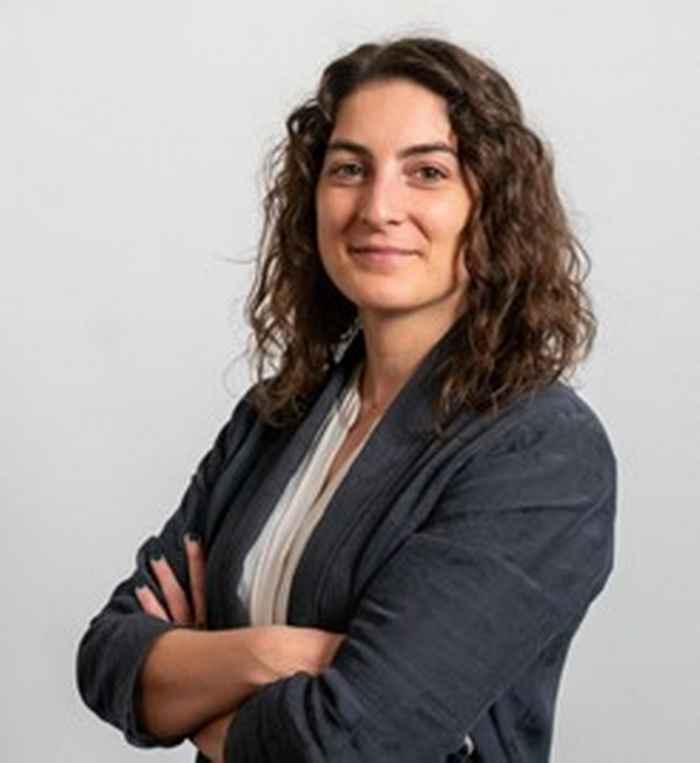Computational methods for the Sustainable Development Goals: The case of food security
Keynote talk by Elisa Omodei at the Summer Institute in Computational Social Science
- Date
- 17 June 2024
- Time
- 15:30 -17:00
- Location
- Roeterseilandcampus - building A
- Room
- A2.10

The Amsterdam Institute for Social Science Research (AISSR) is proud to host the Summer Institute in Computational Social Science and to welcome Elisa Omodei, an expert in how data science can help us address the needs of the most vulnerable populations.
In this talk, Omodei will first provide a non-exhaustive overview of the main areas of applications where non-traditional data and computational approaches have shown their potential for social impact, and it will then deep-dive more specifically into the speaker’s work on predicting food insecurity from conflict, weather, and economic data.
This keynote is supported by the Data Science Centre
About the speaker
Elisa Omodei, Ph.D., is an Assistant Professor at the Department of Network and Data Science at the Central European University. She holds a BSc and a MSc in Physics from the University of Padua and Bologna, respectively, and a PhD in Applied Mathematics for the Social Sciences from the École Normale Supérieure (ENS) of Paris.
Elisa carried out her postdoctoral training at the Rovira and Virgili University in Tarragona, Spain. She then spent over four years at the United Nations, first at UNICEF's Office of Innovation in New York and then at the UN World Food Programme in Rome.
In her research, she explores how complexity and data science can help us address the needs of the most vulnerable populations and monitor the UN Sustainable Development Goals. She also served as Vice-President Secretary of the Complex Systems Society from 2018 to 2021.
About SICCS
The purpose of the Summer Institutes in Computational Social Science is to bring together graduate students, postdoctoral researchers, and beginning faculty interested in computational social science.
The Summer Institutes are for both social scientists (broadly conceived) and data scientists (broadly conceived). Since 2017, SICSS has provided more than 1,200 young scholars with cutting-edge training in the field and the opportunity to develop more than 120 research collaborations that break down disciplinary barriers.
From June 10 to June 21, 2024, the Amsterdam Institute for Social Science Research will host the SICSS at the UvA, welcoming around 25 international participants to learn about computational social science.